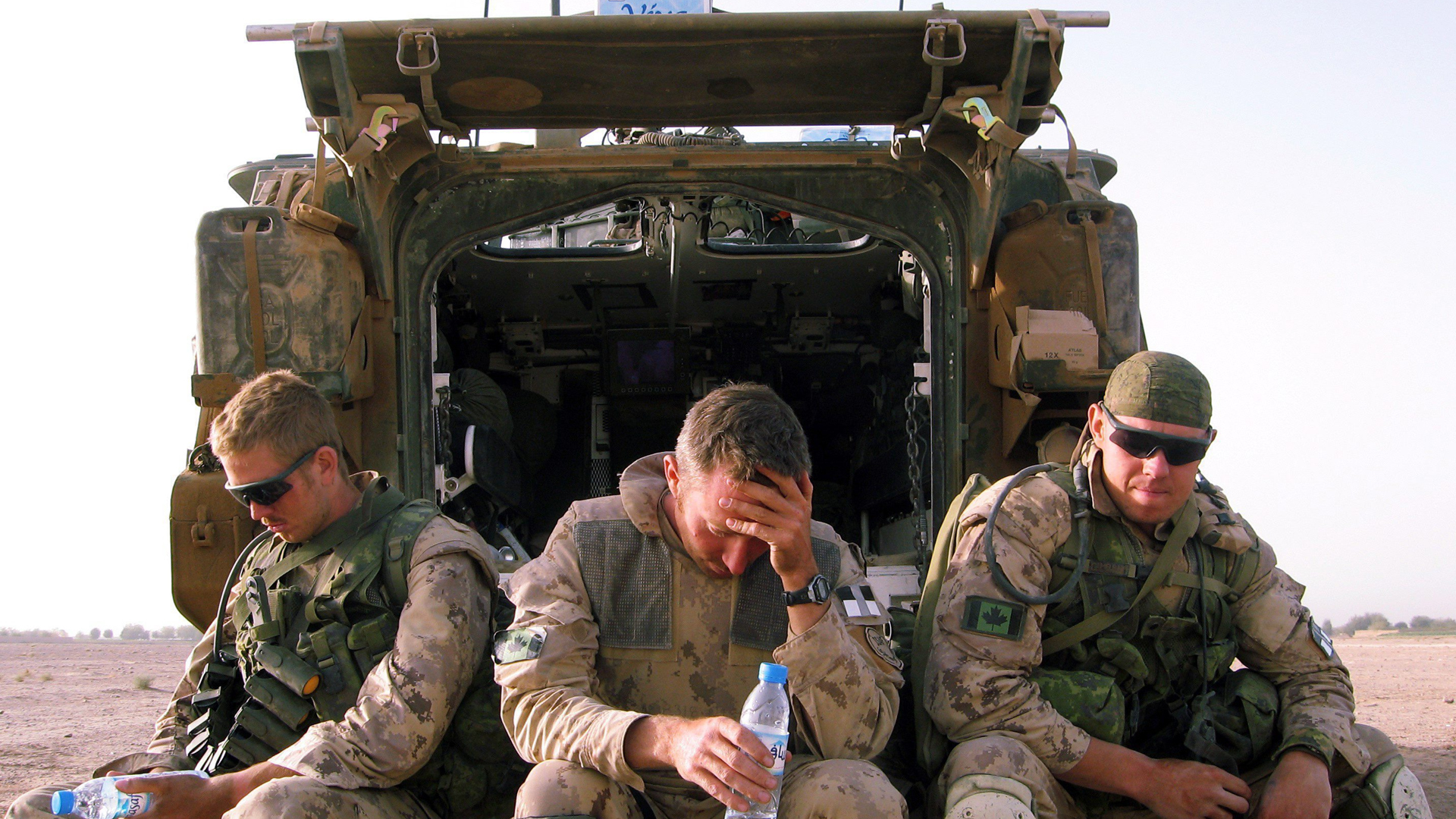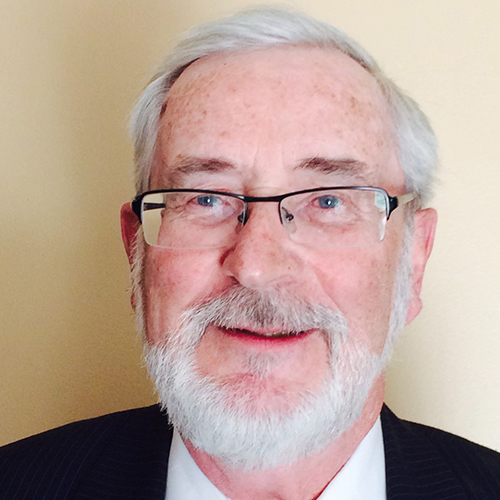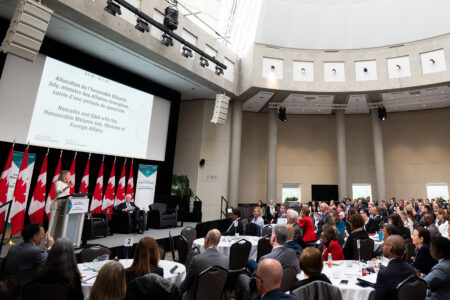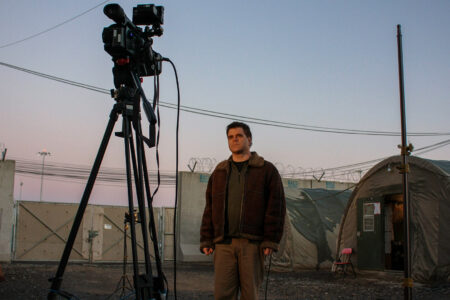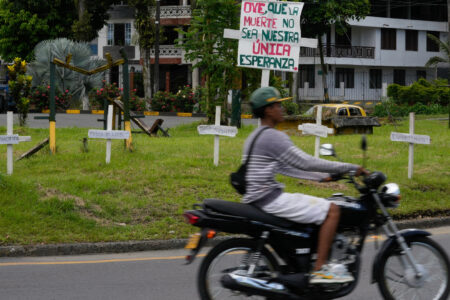
With the 20-year Afghan debacle seemingly ended, the Taliban back where they were before 9/11, the people who helped us hiding in fear and our government trying to develop some sort of refugee and aid policy, it is time to draw essential conclusions from the needless and disastrous Western intervention in that unfortunate country.
By the summer of 2001, the Taliban controlled more than 95 per cent of the territory in Afghanistan and was about to take the rest. It had won the civil war because it reflected the deep conservatism of the people, it was not corrupt like the other factions, it provided better governance in the areas it controlled, and it was receiving more foreign support.
Its deep religious conservatism and strict interpretation of shariah law reflected mainly its tribal Pashtun origins. But the country’s religious divide was conservative/less conservative, not conservative/liberal – a fact that most Westerners did not understand.
Western governments had refused to recognize the regime because of its severe internal policies – it had no external policies and was not a threat to anyone outside its borders. In particular, the United States wanted it replaced. The U.S. believed, incorrectly, that rigid Islamic government was a threat to its interests and, incorrectly, that the United States had the right to impose its values on other peoples.
There were many problems with regime change. Afghans knew the difference between living under religious conservatives or under corrupt warlords and most viewed the former as the lesser of two evils. There was no similarity between the values and systems that the U.S. wanted to impose and the traditions of the Afghan people. No people want foreigners to impose different cultural values on them, especially if soldiers are sent to help with the imposition. As well, the United States clung to the Cold War belief that Pakistan should be its main ally in the region when, in fact, Pakistan was the Taliban’s main supporter.
Western refusal to recognize the Taliban regime made the Taliban almost completely dependent on Pakistan. To gain some wiggle room, they turned to the only other source of support available, namely al-Qaida. Al-Qaida was a Middle Eastern terrorist group, some of whom lived in rugged Afghan mountains plotting terrorist attacks on their Western enemies over issues having nothing to do with the Taliban. The Taliban did not offer it “sanctuary” — as Western propaganda asserted — and could not have evicted it had it wanted to. Its members were just there, as they were in many American and European cities.
The Taliban had nothing whatsoever to do with 9/11 which was the greatest disaster ever to befall the United States. The U.S. had the right to go after al-Qaida in its mountain hideout. NATO. including Canada, had the right to support that effort. When it did, the Taliban and Pakistan could have done nothing to save the terrorists responsible for the outrageous attack in New York. But the United Stated decided to use 9/11 to overthrow the Taliban.
The regime was, of course, easily overthrown. A new, stable one reflecting Western democratic forms and values proved impossible to establish because those forms and values had little or no basis in Afghan culture. The new regime had to be created out of the Taliban’s enemies — the corrupt warlords, and that new regime quickly became corrupt.
Every invading army can find factions to help it govern, but gradually the corruption, incompetence and inappropriate policies of the new regime turned more and more people against it and against the West. By 2006, the effort at regime change was clearly failing. Sadly, it took 15 more years and much bloodshed and suffering for the Western countries to admit that and get out.
Here are the lessons to be learned from this:
1. Foreign policy must be based on an accurate understanding of the region involved. That was never the case in Afghanistan where information and analysis were either ignored or distorted to support policy.
2. Regime change is justified only in cases such as the overthrow of governments like Germany or Japan in 1945. The concept of overthrowing regimes because their internal policies do not conform to current Western views has produced disasters for the very people it was designed to help, and left a trail of death, injury, ruined lives, starvation, poverty, destruction and refugees.
3. The objectives of any Canadian mission abroad must reflect inter-departmental agreement and support by the opposition. Regarding the Canadian role in Afghanistan. the public was confused — as were soldiers, diplomats, officials and civilians who worked on the issue.
4. No country wants foreigners to tell them how to live their lives. Building schools in Afghanistan was highly desirable; telling them who could attend was not.
5. Western populations are quite susceptible to their own governments’ propaganda. We have been told for two decades that the Taliban is a terrorist organization, but it has never attacked a single target outside its own region.
6. Our faith in sanctions is misplaced. Sanctions often reinforce the power of the affected regime, weaken those we are trying to help, and cause suffering to the poor. Their main purpose is usually to allow governments to pretend they are doing something meaningful.
7. It is time to end the so-called “war on drugs” and the idea that the Western drug problem can be addressed on the supply side by, for example, creating a government in a country like Afghanistan hoping it will be more helpful.
8. Canada should recognize the new regime because we must deal with it. It also should stop talking about hypothetical future sources of terrorism. Canada should offer humanitarian aid according to what the Afghan government requests, rather than what values we want to impose and it should not link humanitarian aid to actions by the recipient government.
If these lessons are learned and applied, Canada will never again execute a disastrous withdrawal such as the shameful one just witnessed, with most of the people who helped us left to their fate and a refugee program in chaos. So far, it is not clear that Canada or Canadians have learned the lessons.




